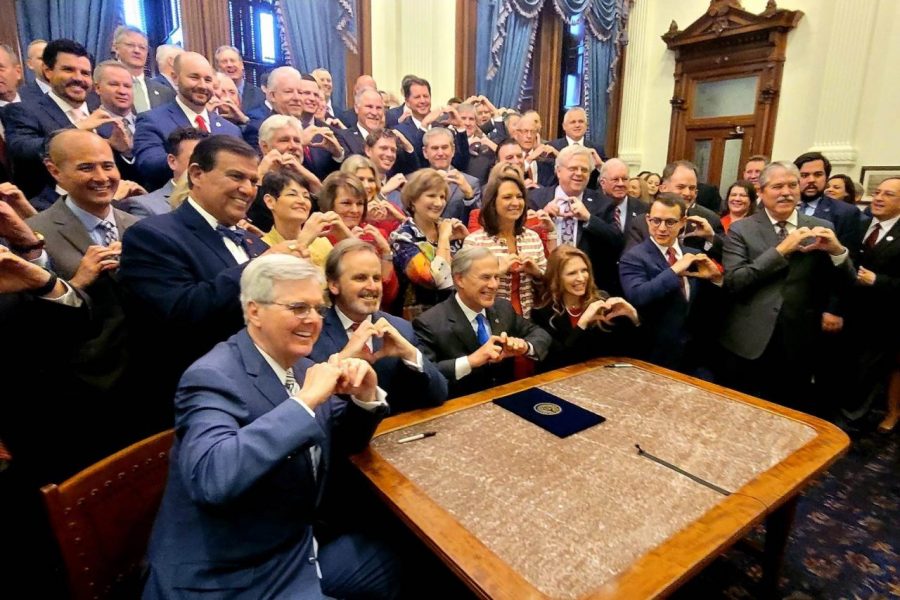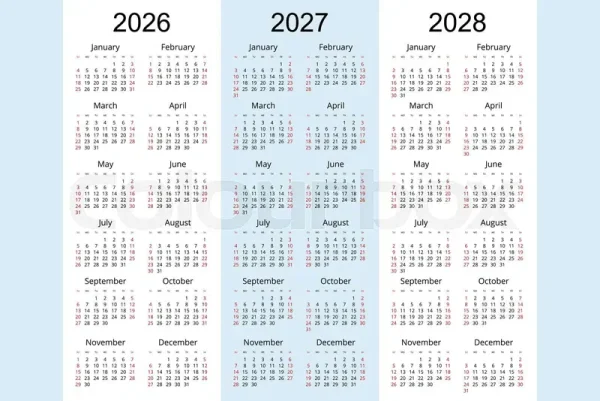Texas Lawmakers Pass Heartbeat Act
On May 21, 2021, the Heartbeat Act was signed into law by Texas Governor, Greg Abbott. Succeeding the vote within the Texas congressional group, the act was signed and went into effect on September 1, 2021. Many are left wondering what that means for the future of Roe Versus Wade.
The Heartbeat Act is a law banning abortions after the heartbeat is detected, usually around six weeks into the pregnancy. The bill has no exemptions for cases of rape or incest.
However, section two of Senate Bill eight states, “The legislature finds that the State of Texas never repealed, either expressly or by implication, the state statutes enacted before the ruling in Roe v. Wade, 410 U.S. 113 (1973), that prohibit and criminalize abortion unless the mother ’s life is in danger.”
The act also allows private citizens to sue doctors who perform abortions. Which has been a misconception among Texas citizens, with many thinking that it allows citizens to sue women seeking abortions.
While Texas is the most recent state to sign this into law, it’s not the only state that has. In May of 2019, Ohio Governor, Brian Kemp signed a law almost identical to this one, along with Idaho, Arizona, Arkansas, Kentucky, Louisiana, Montana, New Hampshire, Okahlohma, South Carolina, and South Dakota.
The act has received much attention and criticism, due to the 1973 supreme court case, Roe v. Wade. According to website Oyez, Roe v. Wade, the case that was decided in 1973, legalized abortion, with a 7-2 vote. The case ultimately decided that access to abortion was a constitutional right, under a woman’s right to privacy.
According to Statista, over 41 million abortions had been performed in the U.S., from 1973 to 2018. Texas lawmakers hope to reduce this number significantly with the recent act.
Planned Parenthood’s website states that 79% of Americans don’t want to see Roe v. Wade overturned.
At RHS, 46.6% of students surveyed agreed that they do not want to see Roe v. Wade overturned. The remaining 53.6% did.
Currently, the U.S Department of Justice has launched an investigation against this Act, and the Supreme Court has denied an emergency block to the bill. The future of the bill remains in the hands of lawmakers.






